Anthony Quinn in “Requiem for a Heavyweight”
Anthony Quinn plus Jackie Gleason plus Mickey Rooney, that is, and the film starts out with Cassius Clay whupping Quinn’s butt in the boxing ring!
It’s a boxing match between Cassius Clay, as himself, and Mountain Rivera, Quinn’s character. Clay was about 20 years old at the time, still a couple of years away from changing his name to Muhammad Ali. Quinn was about 45 and his character was an over-the-hill boxer, also in his 40s. The fight is mainly shown through Mountain’s eyes. He can barely see out of a badly damaged eye and is taking a harsh beating but refuses to go down until he is knocked out in the 7th round. After taking his winning bow, Clay comes over and says to Mountain, “Great fight, kid. You were great!” (LOL!) He tells the reporters that a guy like Mountain can explode any time, but he “rocked him” in the second round and figured he had him from that point on.
Mountain is taken through the jeering crowd by Maish, his manager, and Army, his trainer. He is examined by a doctor who tells Maish that Mountain can never fight again and he’s going to make sure the Boxing Commission knows it. Mountain has sclerotic damage to his eye– a couple more blows and they’ll have to get him a tin cup and pencils.
Maish is already thinking about getting a new boxer and Army is disgusted that, after 17 years, all Mountain is going to get is the boot. Army decides to help Mountain by taking him to an employment agency. With a 6th grade education and no work history outside the ring, not to mention his punchy condition, things aren’t looking too good. But the employment counselor, Grace Miller (Julie Harris, another stellar addition to this cast), takes an interest in him and goes out of her way to help him, arranging for an interview as an athletics coach at a boys’ camp.
In the meantime, Maish gets his butt kicked by some thugs of the local mob queen, Ma Greeney, who lost big money on that Clay/Rivera fight because Mountain did not go down in the 4th like Maish said he would. A wrestling promoter offers Maish a way to make some money by getting Mountain into an Indian costume on the fixed wrestling circuit. Army angrily points out that the wrestling gig would destroy Mountain’s last vestige of self-respect– he never threw a fight. But Maish is desperate. When he learns about the counselor job interview, he takes Mountain to Jack Dempsey’s bar and gets him drunk.
This 1962 film has so many moving moments and contrasts. Anthony Quinn was a big mountain of a man and Julie Harris was such a fragile-looking and petite woman. She seemed pretty starstruck by Mountain being ranked No. 5 among heavyweights back in the Rocky Marciano days, with a large helping of the savior complex in wanting to help him. She also seemed sexually attracted to his animal magnetism and afraid of him at the same time.
Jackie Gleason was a big guy, too, and Mickey Rooney was even shorter than Julie Harris. For all the reviews of this film that straight up call Maish the villain, there was a lot more to it than that. Maish was a hustler by nature but you see his human side in his confrontation with Grace Miller. Even though Army thought Maish was a “dirty, stinking fink,” Maish loved Mountain and, certainly, Mountain loved Maish– no matter what. There was an earlier live version of “Requiem for a Heavyweight” in 1956 that starred Jack Palance that ended in a completely different way than this film. In my opinion, this film spoke more to the bond between Maish and Mountain.
Interesting notes: Ben Mankiewicz, TCM host, mentioned that even though this film was not a huge box office success, Anthony Quinn thought he did his best work in this role.
Professional boxing referee, Arthur Mercante appeared in the film as the ref of the Clay/Rivera fight. In his book, “Inside the Ropes” (2006), he recounts how he was instrumental in getting Cassius Clay cast in the film and how it turned out very well, because Clay had a way of alleviating the on-set tension between Quinn and Gleason. Mercante also retold an anecdote about how Gleason once challenged a heckler to a fight outside the club where he was performing and got knocked out cold with one punch. The heckler was New Jersey heavyweight boxer Two Ton Tony Galento.
“Twilight Zone” creator Rod Serling wrote the teleplay and film script for “Requiem.” He was inspired to write it after learning about heavyweight champ, Joe Louis, having to turn to wrestling to make ends meet. (Joe Louis, by the way, defeated Two Ton Tony in a 1939 bout that is online)
The Saturday Evening Post featured an article on Anthony Quinn in 1962 that goes into greater detail on the Quinn/Gleason conflict.
We may earn a small commission from qualifying purchases made from Amazon.com links at no cost to our visitors. Learn more: Affiliate Disclosure.


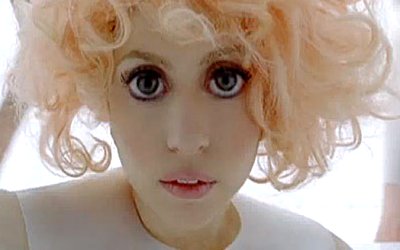
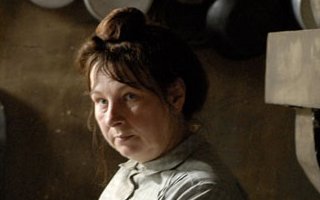
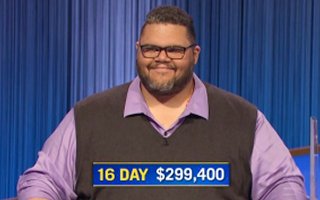
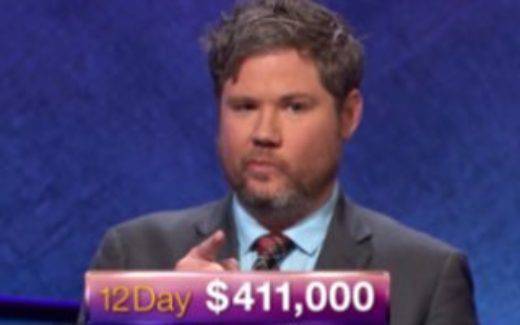
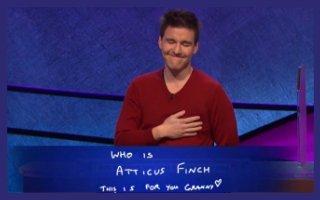
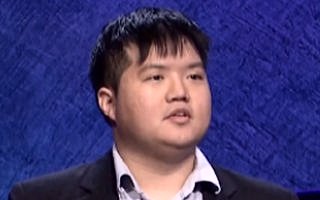
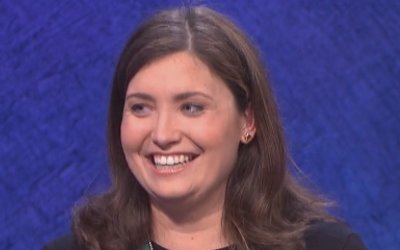
Recent Comments